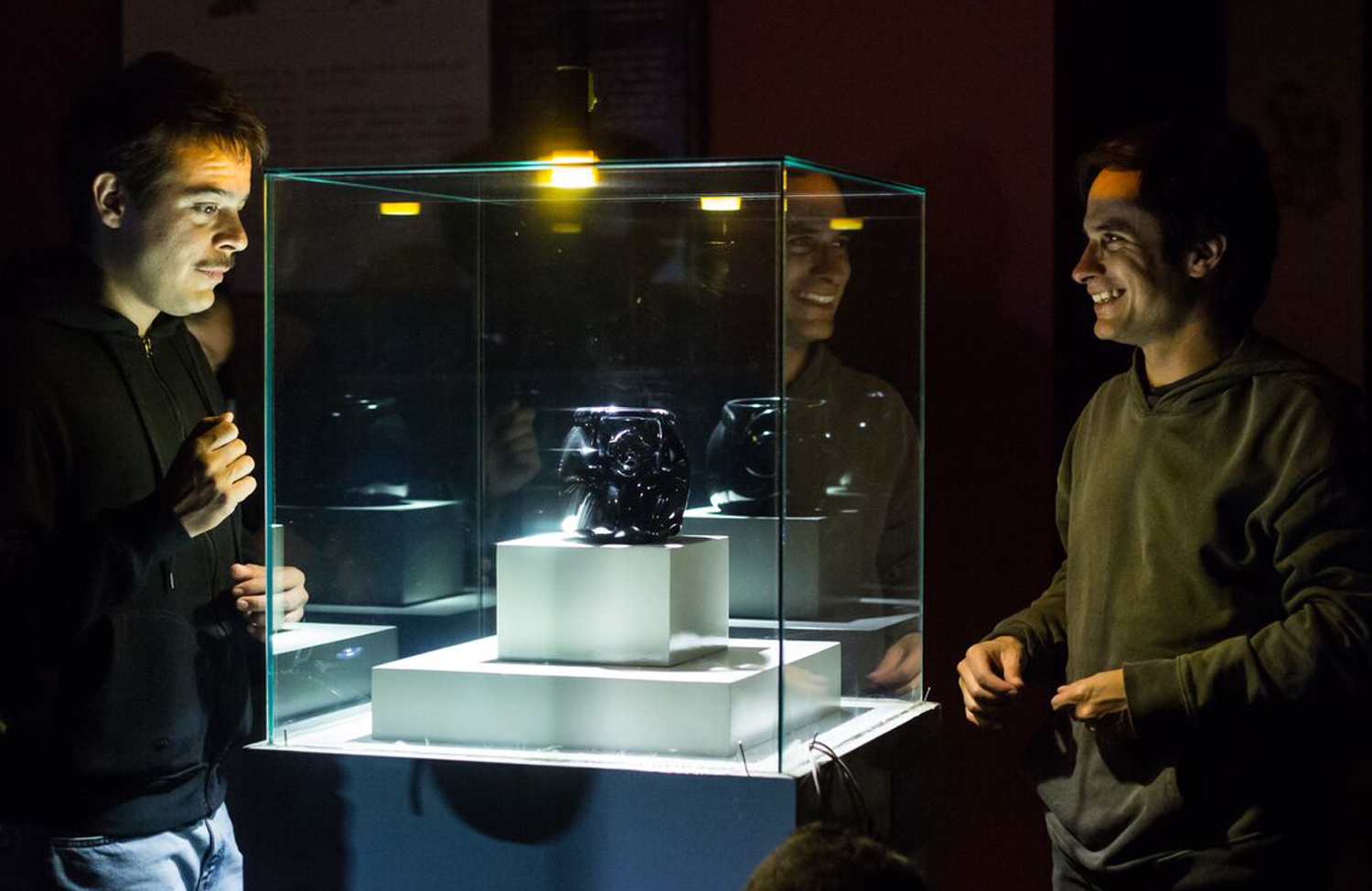
- Golden Globe Awards
Museo (Mexico)
Two friends decide to loot Mexico’s National Museum of Anthropology and steal some of the country’s most important cultural artifacts. This is the plot of Museo, a Mexican production competing for the 2019 Golden Globe in the Foreign Language category.The film revisits a true story, which unfolded on Christmas Day 1958, when thieves broke into the National Museum of Anthropology in Mexico City and stole nearly 150 Mayan artifacts, including a jade burial mask. The heist is not the work of criminal geniuses, but of a pair of underachieving suburban youngsters: Juan Nuñez (Gael García Bernal), the mastermind and his sidekick Benjamin Wilson (Leonardo Ortizgris). They live in Satellite City, an upper-middle-class suburban area of Greater Mexico City. Juan doesn’t get along with his father (Alfredo Castro), a doctor, and constantly fights with his siblings. Benjamin, on the other hand, is a nervous, sensitive fellow who would do anything Juan asks him to, even though he is not fully sure about the plan Juan has in mind.The caper turns out to be surprisingly easier than expected. Now the problem is what to do with the loot, while news of the robbery outrages the population, especially Juan’s father. Juan and Benjamin decide to head south, where they connect with a tour guide at a Maya pyramid (Bernardo Velasco) who arranges a meeting with a British collector (Simon Russell Beale).The film, director Alonso Ruizpalacios’s second, won the award for Best Screenplay at the 2018 Berlin International Film Festival. Ruizpalacios’s first feature, Gúeros, set during the student protests of the late 1990s and shot in austere black and white, was also about young people revolting against the banality of their lives and trying to take hold of something noble and grand. “Both titles speak of similar things, issues such as lost youth and how the sense of national identity conflicts with the formation of personal identity, recognized the Mexican director at a press conference after the presentation of the film at the Berlinale. “I was very interested to find out that John’s father was a doctor because my father is too,” recalls Ruizpalacios. “I understand perfectly to what extent, when you’re young, having that benchmark can make you feel like you’re never going to live up to it.”“In just over two hours, the film tells a story which, in reality, lasted more than four years,” screenwriter Manuel Alcalá explained recently at the Valladolid Film Festival. The film is set during the holiday season, meaning that family scenes are inevitably a topic it delves into, especially with regards to the father and son relationship. “We wanted to really explore the topic of looting, not only regarding the museum robbery but also when talking about moving unearthed pieces from places like Palenque to Mexico City, which for me is another type of looting,”